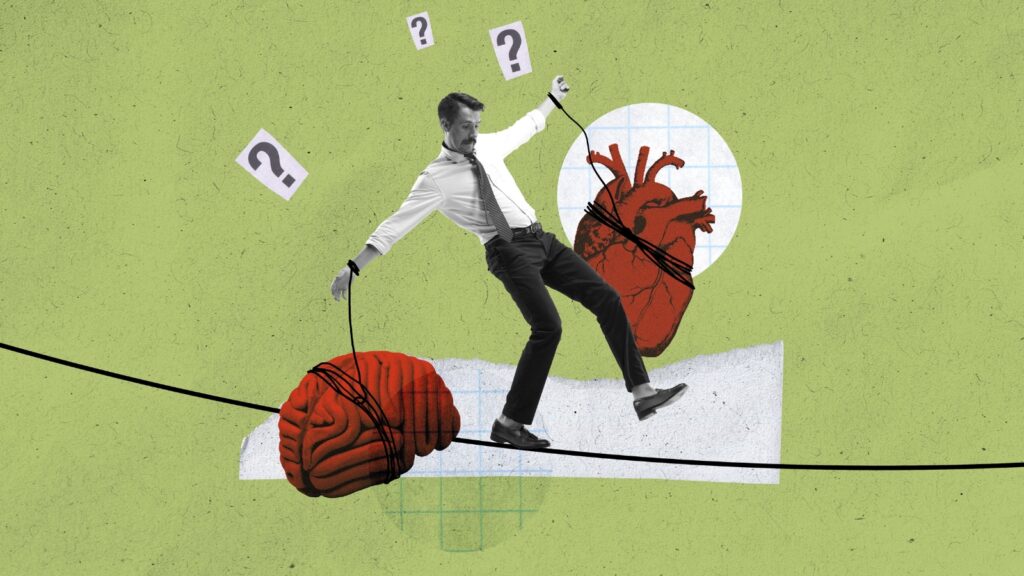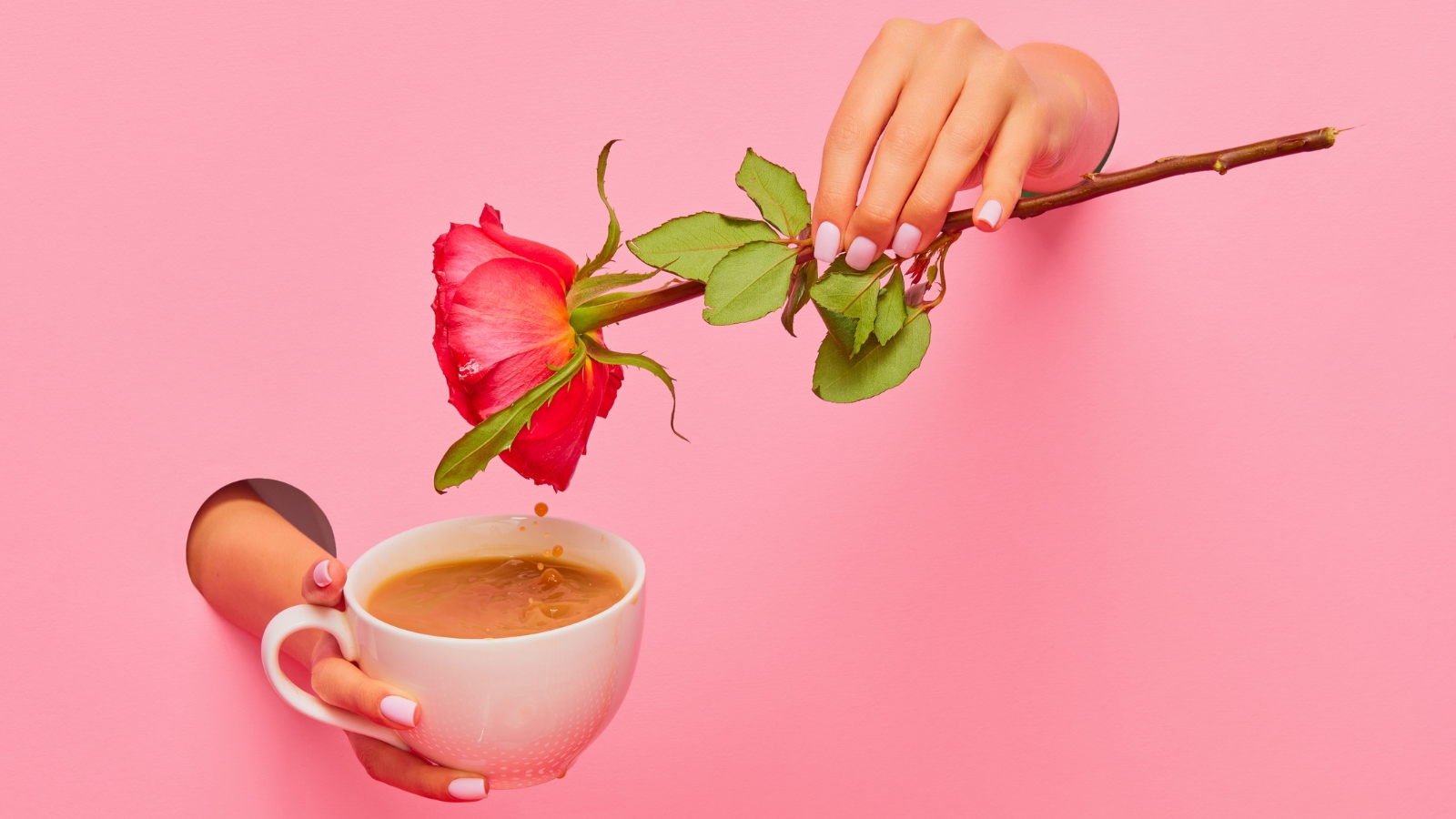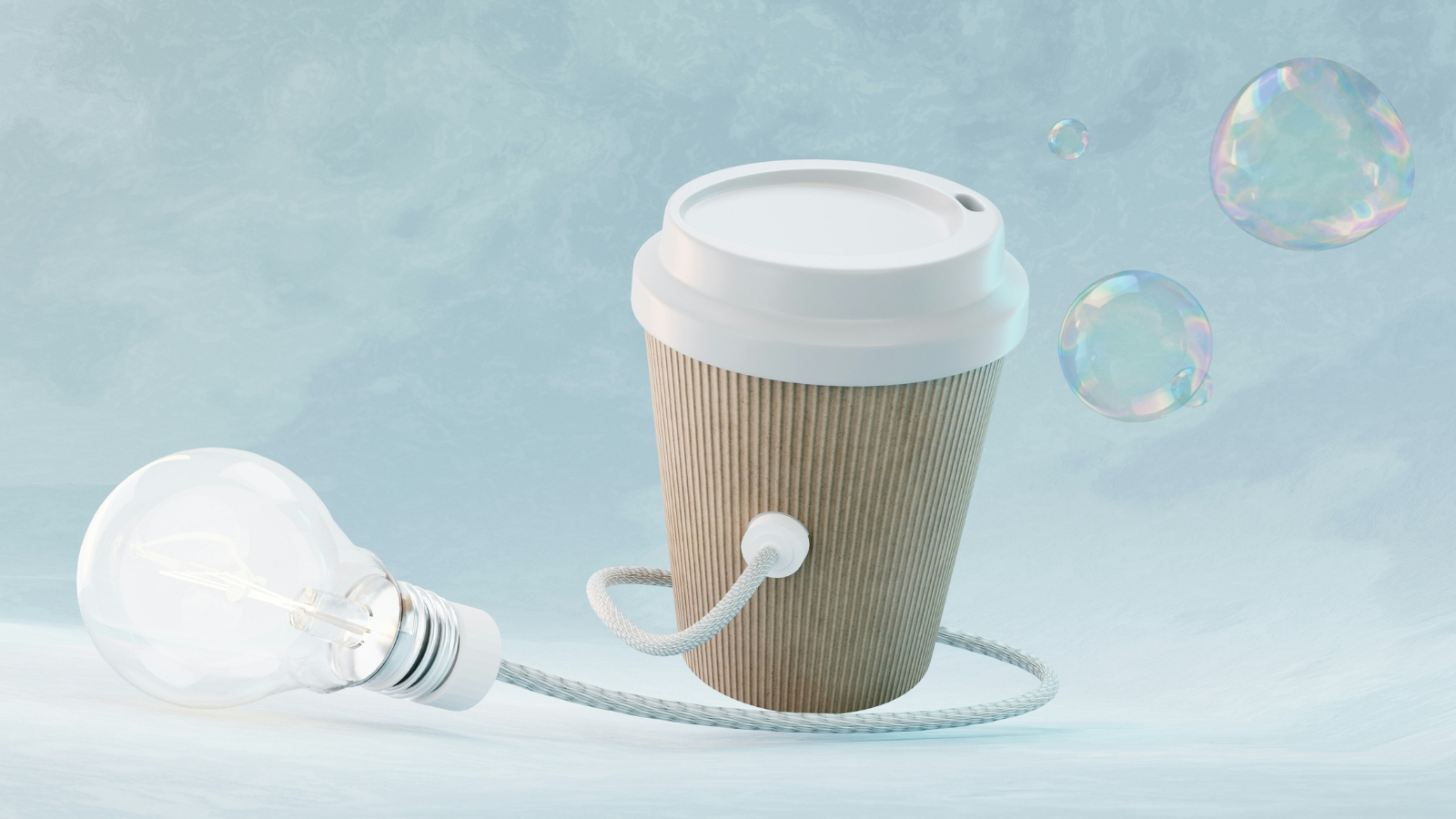In the never-ending quest to maximize brainpower, a growing number of seekers are entering the world of nootropics. At the very least, it’s a fun word to pronounce: “new-tropics” is correct, but call them “no-o-tropics” if you like. What exactly are nootropics? More importantly, should you add them to your diet?
Many factors contribute to brain fog and mental decline. Memory loss is a natural byproduct of aging, but the issue can be accelerated as a result of modern living. Screen time, the perpetual lack of sleep that seems to plague most working adults, and poor diet all contribute to less than optimal cognitive performance.
While screen time may lead to mental decline, it’s also one of the main reasons people are interested in boosting brain function. They simply want to keep pace with life’s increasing speed.

Performance Enhancement
Nootropics are also being used to improve brainpower in the workforce. A recent article cites the imminent rise of artificial intelligence as a need for cognitive assistance. If workers are expected to go brain-to-brain with computers, we may need more than a good night’s sleep and a cup of coffee.
The market demand for brain enhancement is on the uptick. Credit the aging brains of Baby Boomers and success-seeking Millennials. The global nootropics market value is expected to surpass $5 billion by 2024, according to recent data by Zion Market Research.
According to Archie Marks, creator of Nootropic supplement Nitrovit, “We can already see how artificial intelligence is automating so many processes, turning jobs into software. The new required skills will be those AI lacks—ingenuity, morality, confidence and rapport building skills, big picture thinking and creativity among others—and I believe Nootropics can help with that.”
What Are Nootropics?
“Nootropics is a general term used for ‘smart drugs,’ supplements or other substances that can serve as cognitive enhancers. The primary benefit of consuming nootropics is that they can improve executive functioning, memory, creativity, focus, and motivation. They can also significantly improve accuracy and help individuals feel that they can accomplish tasks that are at hand,” Dr. Nicole Avena, Ph.D. and assistant professor of neuroscience at Mount Sinai School of Medicine in New York told Vogue India.

Natural Nootropics
1. Caffeine
If you had a cup (or three) of coffee this morning, you’re a nootropic user. Caffeine, the main stimulant in coffee, tea, and cola, is known for its ability to foster mental alertness. It’s the reason these are the most commonly consumed beverages around the world.
Caffeine is a drug, though, and an addictive one at that. Consuming too much (like in energy drinks) can create negative side effects. It may also not be suitable for women when pregnant or nursing.
2. Adaptogens
The botanical world is filled with brain food (specifically ginseng and Rhodiola), which may help boost cognitive performance. Ginseng has been widely used for thousands of years. It mimics caffeine in its ability to provide an energy boost. But as an adaptogen (which means it can respond to the body’s stasis), it can also level off too much energy. For someone prone to frantic mental states, this may help overall cognitive focus and performance.
Like ginseng, Rhodiola is an adaptogen that can also be used for its neuroprotective benefits. One study found it beneficial in fighting neurodegenerative diseases. Another linked it to enhanced mood.
3. L-theanine
If you drink tea for the caffeine buzz, you’re also exposing yourself to another nootropic: L-theanine. This amino acid is found in green and black tea or supplement form. It’s been studied for its benefits on the brain. One review linked it to increased alpha wave production, which can decrease anxiety and create a relaxed mental state while also enhancing alertness. Further research points to the benefits of consuming caffeine and L-theanine together. This is no surprise, considering they both naturally occur in the tea plant.
4. Omega-3 fatty acids
The buzz about Omega-3 fatty acids is warranted. Our bodies need them all over, from skin and joints to heart and brain health. Foods high in healthy omega fats (there are a number of omegas that play key roles in our health) range from seeds like hemp, flax, and chia to walnuts and even vegetables like spinach and brussels sprouts. Fish are known for their omega fatty acid content, too, but can also contain high levels of heavy metals such as mercury, which is not recommended during pregnancy or nursing.
5. Ginkgo biloba
Another botanical that gets a lot of brain buzz is the Ginkgo Biloba leaf. A 2016 study concluded that the herb appears to be “potentially beneficial” for brain function, including reducing dementia symptoms.
Synthetic Nootropics
You’ll need to see a doctor for prescription nootropics, which for some people may be the best option. These can be particularly beneficial for people that already have a brain disorder diagnosis (such as ADHD).
Synthetics can include Modafinil, Adrafinil, and Noopept. The Racetams family of compounds includes piracetam, pramiracetam, phenylpiracetam, and aniracetam.
Like natural nootropics, prescription drugs can alter neurotransmitters in the brain and lead to enhanced focus and clarity. The racetam family specifically may also have neuroprotective effects that delay or prevent cognitive decline over time.
Nootropic Side Effects
Possible side effects always depend on what you’re taking. They can also contraindicate with other medications or supplements.
“Prescription drugs [like Adderall] can cause insomnia, headaches and weight loss in some individuals,” warns Dr. Avena. “Even caffeine, which is probably the most commonly used nootropic, can have side effects of agitation, shakiness and insomnia in some individuals, depending on their tolerance to it.”
Avena also says not all nootropics are addictive or dangerous, like omega-3s. As with any changes to diet or supplement regimen, it’s always a good idea to chat with your doctor first.











